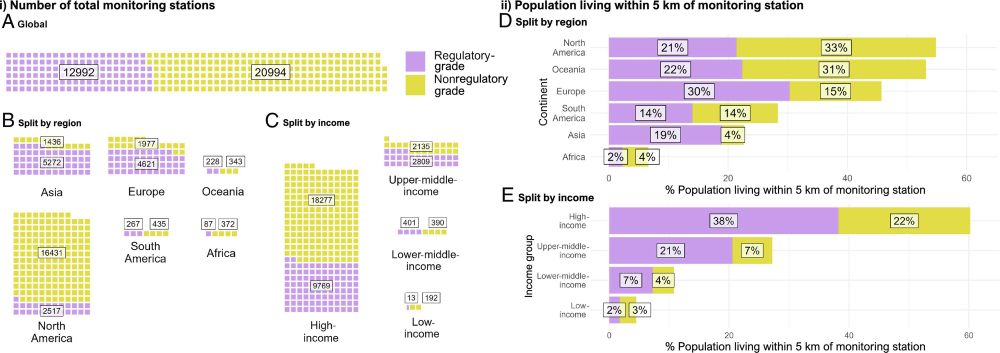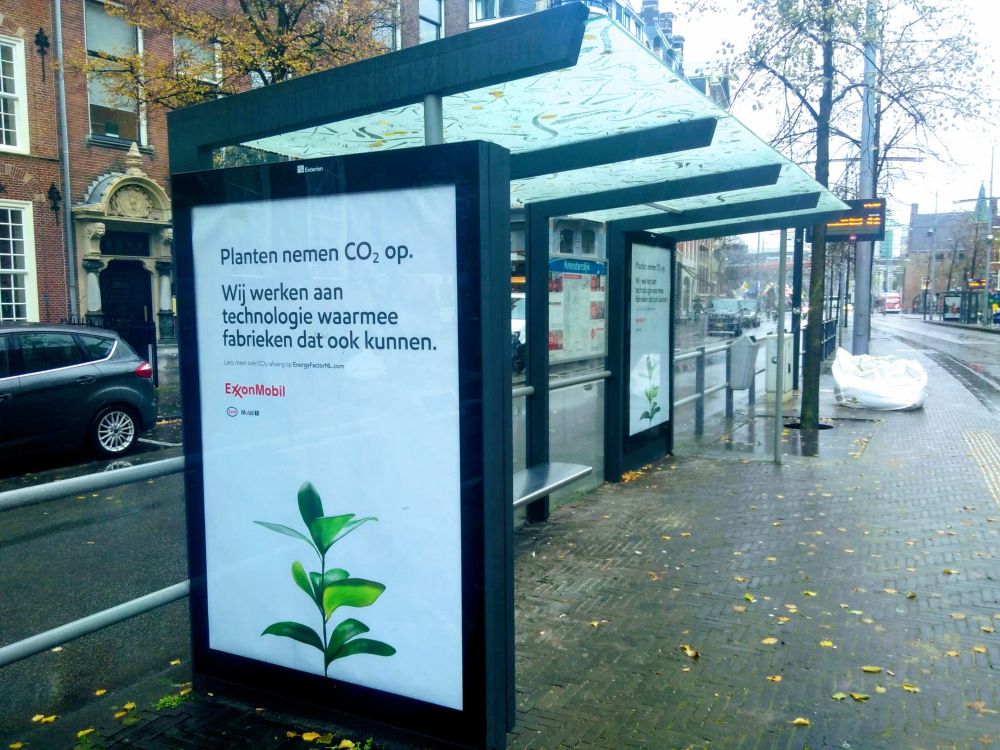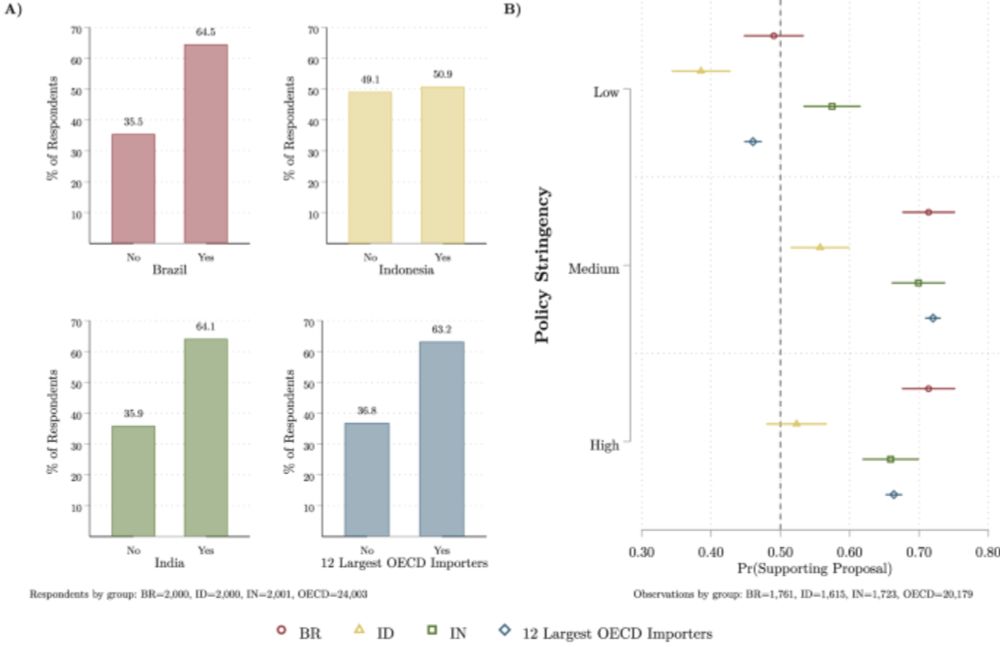
Socio-political dynamics of climate change and global environmental problem @ETH Zurich and ekeithsmith.com
Reposted by Keith Smith
Reposted by Keith Smith, Flávio Azevedo, Jason Chin

www.whitehouse.gov/presidential...
Reposted by Keith Smith, Lukas Rudolph

Book Now ➡️ t1p.de/GSS25-C6

Reposted by Keith Smith

www.desmog.com/2025/03/21/s...




Project focuses on air pollution awareness, protective behaviors and citizen demands for mitigation in lower income neighborhoods.


We are advertising 2 PhD positions, focusing on AQ monitoring and citizen preferences to air pollution solutions across the global south. Apply👇
jobs.ethz.ch/job/view/JOP...
Then come on by to my talk in Bern on Monday (02.10, 16:00-18:00,Oeschger Center).
Hoping for a lively discussion and critical re-assessment of this emerging field.

